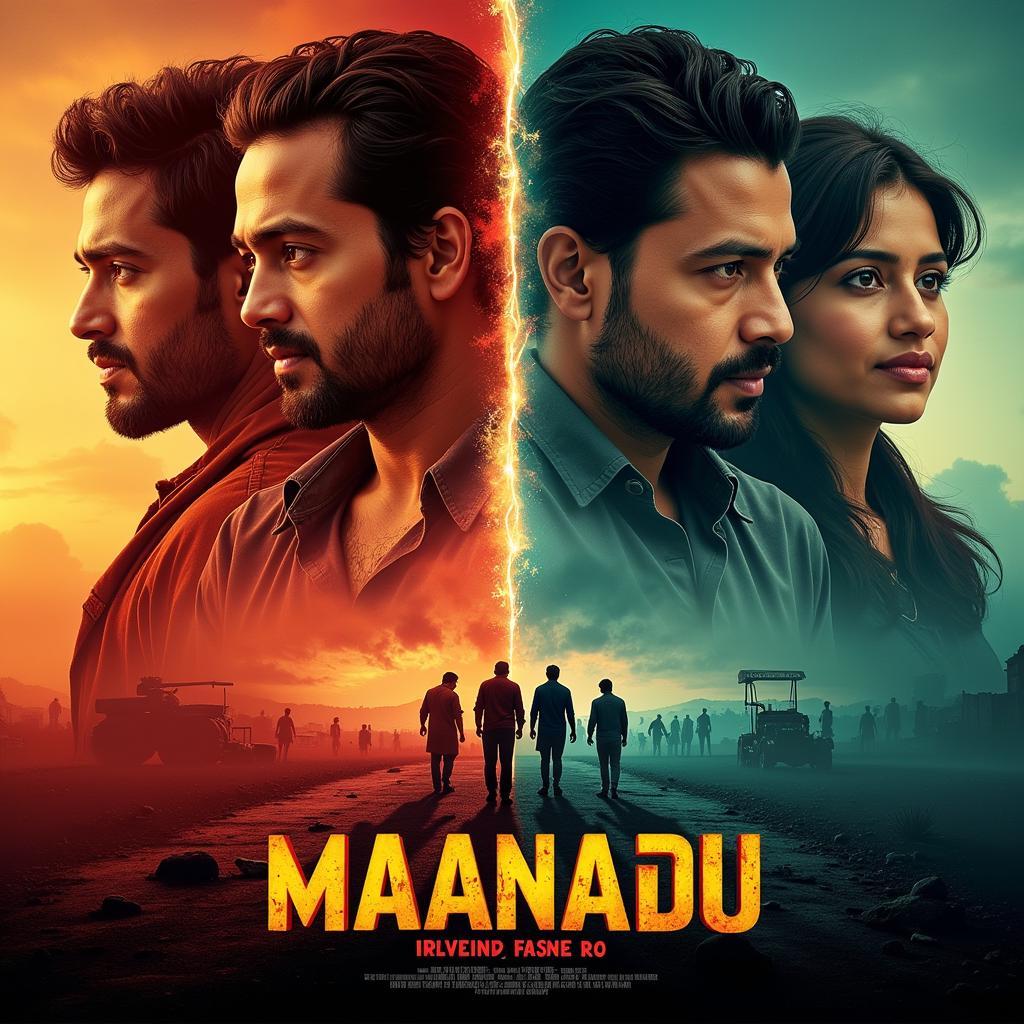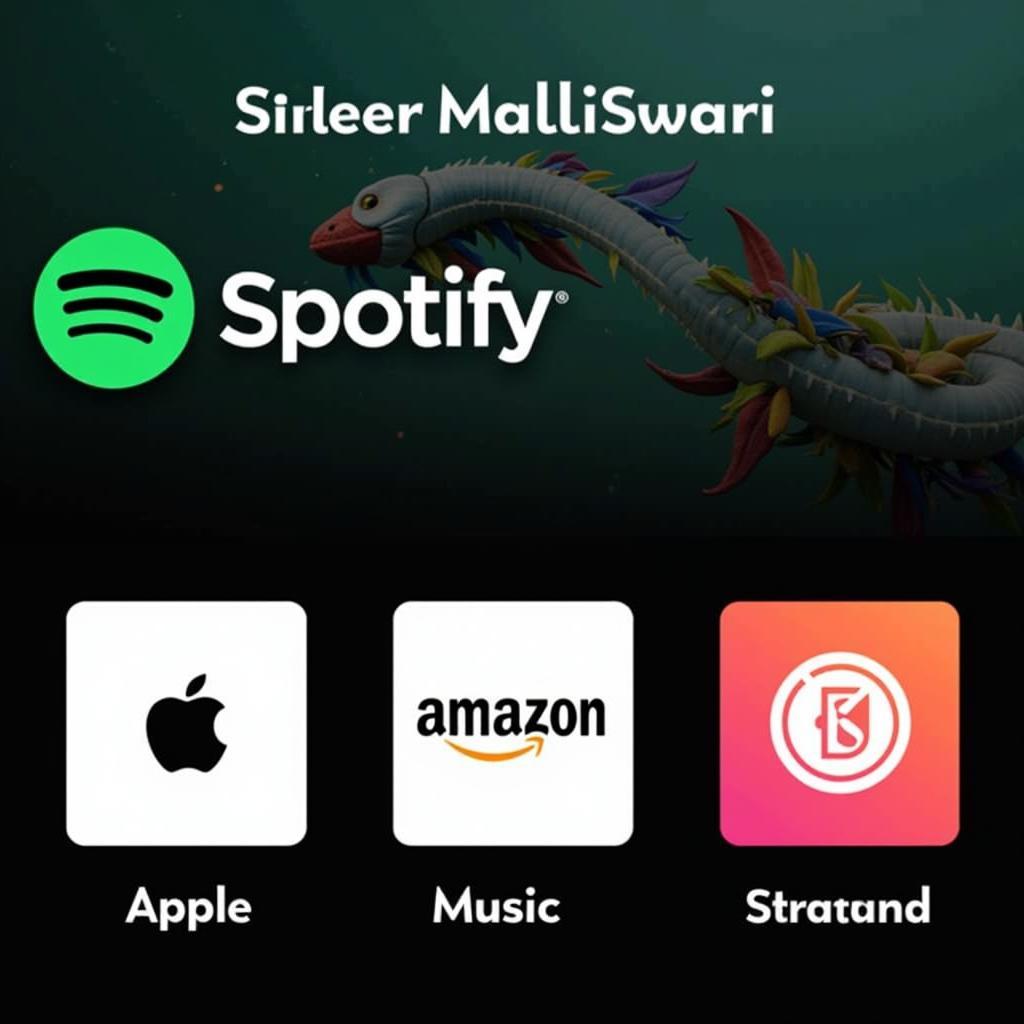The age-old debate of “Movies Are Better Than Books Essay” sparks passionate discussions among cinephiles and bibliophiles alike. While the written word holds a certain magic, the cinematic experience offers a unique and powerful form of storytelling that often surpasses its literary counterpart.
Lights, Camera, Immersion: Why Movies Triumph
Movies offer an immersive experience that books simply can’t replicate. From breathtaking visuals and captivating soundtracks to the nuanced performances of talented actors, films engage multiple senses, drawing viewers into the narrative and fostering a deeper emotional connection with the story. This multi-sensory engagement enhances the storytelling, making the experience more impactful and memorable.
The Power of Visual Storytelling
Visual storytelling is a core strength of cinema. A single frame can convey a wealth of information, setting the mood, establishing character, and advancing the plot in ways that words alone often struggle to achieve. The skilled use of cinematography, lighting, and editing creates a visual symphony that elevates the narrative and enriches the viewer’s understanding. Think about the sweeping landscapes in “Lord of the Rings” or the claustrophobic tension in “The Shining”—these visual elements are crucial to the storytelling and would be difficult to replicate effectively in a book.
Beyond the Page: Bringing Characters to Life
Movies breathe life into characters in a way that books often can’t. Talented actors embody the nuances of human emotion, adding layers of depth and complexity to characters that can only be hinted at on the page. A subtle facial expression, a carefully delivered line, or a powerful physical performance can reveal more about a character than paragraphs of descriptive text. Consider Heath Ledger’s iconic portrayal of the Joker—his performance transcended the comic book page, creating a truly unforgettable cinematic villain.
Sound and Fury: The Impact of Audio
The auditory landscape of a film is another key element that elevates the cinematic experience. From the soaring score that underscores emotional moments to the subtle sound effects that create a sense of realism, sound design plays a vital role in shaping the viewer’s experience and deepening their immersion in the story. Think of the chilling silence punctuated by sudden bursts of violence in a horror film or the uplifting music that accompanies a triumphant moment—these audio cues contribute significantly to the overall impact of the film.
Time is of the Essence: The Efficiency of Film
In today’s fast-paced world, movies offer a more efficient way to consume stories. While devouring a lengthy novel can be a rewarding experience, it requires a significant time investment. Movies condense complex narratives into a digestible format, allowing viewers to experience a complete story in a couple of hours. This efficiency makes movies a more accessible and appealing option for many, especially those with limited time.
A Collaborative Art Form: The Magic of Teamwork
Movies are a collaborative art form, bringing together the talents of writers, directors, actors, composers, and countless other professionals. This collaborative process often results in a richer, more nuanced final product than a single author could achieve alone. The diverse perspectives and creative energies that converge in filmmaking contribute to a unique and compelling cinematic experience.
Bridging the Gap: Books and Movies as Complementary Experiences
While this essay argues for the superiority of movies, it’s important to acknowledge the value of books. Books offer a different kind of intimacy, allowing readers to delve deeper into the inner thoughts and motivations of characters. They also provide a more active form of engagement, requiring readers to use their imagination to visualize the story. Ultimately, books and movies can be seen as complementary experiences, each offering unique strengths and enriching the other.
Conclusion: The Cinematic Advantage
In the “movies are better than books essay” debate, movies ultimately prevail. Their ability to immerse viewers in a multi-sensory experience, bring characters to life, and condense complex narratives into a digestible format makes them a more powerful and engaging form of storytelling. While books offer their own unique charms, the cinematic experience offers a compelling and often unforgettable journey into the world of storytelling.
FAQ:
- Why are movies more immersive than books?
- How do movies bring characters to life?
- What is the role of sound in film?
- Why are movies a more efficient way to consume stories?
- How do books and movies complement each other?
- What are the advantages of visual storytelling in film?
- How does the collaborative nature of filmmaking contribute to its quality?
Need help? Contact us 24/7: Phone: 02933444567, Email: nanathemovies@gmail.com, or visit us at RF55+W7R, Lê Hồng Phong, Vị Tân, Vị Thanh, Hậu Giang, Vietnam.
Explore more articles on Movie USA Full HD:
- The Impact of Streaming Services on the Film Industry
- The Evolution of Cinematic Special Effects
- A Guide to Understanding Film Genres
We encourage you to explore these resources and continue the conversation!

